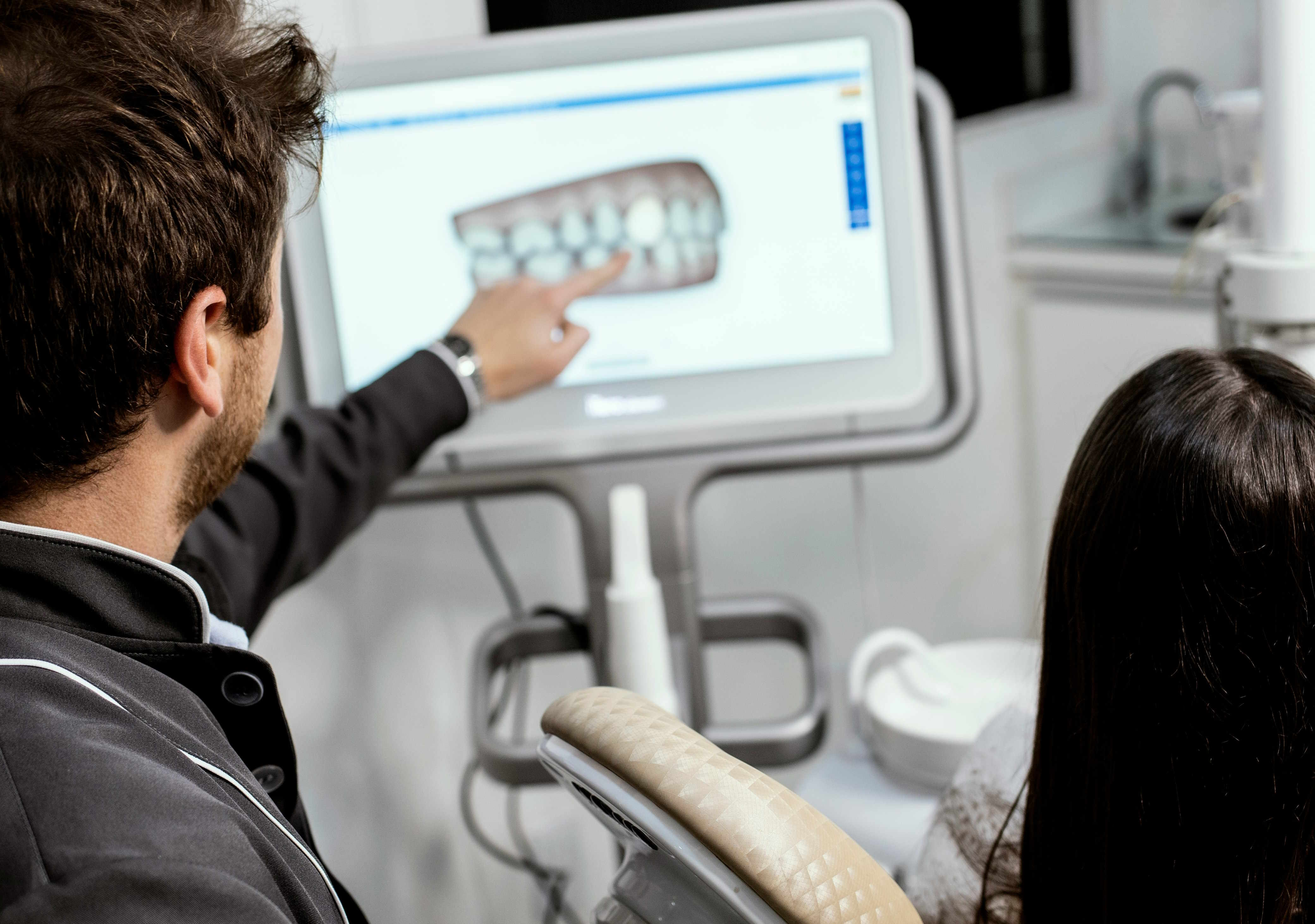Healthcare Software: Improving Patient Care and Streamlining Medical Processes
Healthcare software has revolutionized the way medical professionals deliver care and manage their practices. By leveraging advanced technology, these digital solutions streamline clinical and administrative processes, ultimately improving patient care delivery and optimizing both patient and provider experiences. This article will explore the various types of healthcare software, their benefits, and how they are transforming the medical industry.

What is healthcare software and how does it improve patient care?
Healthcare software refers to a wide range of digital tools and applications designed specifically for the medical industry. These solutions aim to enhance the efficiency and effectiveness of healthcare delivery by automating and streamlining various processes. By reducing manual tasks and improving data management, healthcare software allows medical professionals to focus more on patient care.
One of the primary ways healthcare software improves patient care is by providing quick and easy access to comprehensive patient information. This includes medical histories, test results, and treatment plans, all of which are crucial for making informed decisions about patient care. Additionally, many healthcare software solutions incorporate decision support tools, which can help healthcare providers make more accurate diagnoses and develop effective treatment strategies.
What are the most common types of healthcare software?
There are several types of healthcare software that medical practices and healthcare institutions commonly use:
-
Electronic Health Record (EHR) Systems: These digital versions of patient charts allow healthcare providers to store, access, and share patient information securely. EHRs help improve care coordination and reduce medical errors.
-
Practice Management Software: This type of software assists with administrative tasks such as scheduling appointments, billing, and managing patient demographics.
-
Telemedicine Platforms: These tools enable remote consultations between healthcare providers and patients, improving access to care and reducing the need for in-person visits.
-
Medical Imaging Software: Used to view, analyze, and store medical images such as X-rays, MRIs, and CT scans.
-
E-Prescribing Software: This allows healthcare providers to electronically send prescriptions directly to pharmacies, reducing errors and improving efficiency.
How does healthcare software streamline clinical and administrative processes?
Healthcare software streamlines clinical and administrative processes in several ways:
-
Automation: Many routine tasks, such as appointment reminders and insurance verification, can be automated, saving time and reducing human error.
-
Centralized Data Management: By storing all patient information in a single, easily accessible location, healthcare software eliminates the need for paper records and reduces the risk of lost or misplaced information.
-
Improved Communication: Many healthcare software solutions include secure messaging features that allow healthcare providers to communicate more efficiently with each other and with patients.
-
Data Analytics: Advanced healthcare software can analyze large amounts of data to identify trends, predict outcomes, and improve overall care delivery.
-
Interoperability: Modern healthcare software is often designed to integrate with other systems, allowing for seamless data sharing between different healthcare providers and facilities.
What benefits do electronic health record systems offer?
Electronic Health Record (EHR) systems are a cornerstone of modern healthcare software, offering numerous benefits:
-
Improved Patient Safety: EHRs can alert healthcare providers to potential drug interactions, allergies, and other safety concerns.
-
Enhanced Care Coordination: By providing a comprehensive view of a patient’s medical history, EHRs facilitate better coordination between different healthcare providers.
-
Increased Efficiency: EHRs reduce the time spent on paperwork and manual data entry, allowing healthcare providers to spend more time with patients.
-
Better Patient Engagement: Many EHR systems include patient portals, which allow patients to access their health information, communicate with their providers, and take a more active role in their care.
-
Data-Driven Decision Making: EHRs can generate reports and analytics that help healthcare providers identify trends and make informed decisions about patient care and practice management.
How do telemedicine platforms and practice management tools work together?
Telemedicine platforms and practice management tools often work in tandem to provide a comprehensive healthcare solution:
-
Integrated Scheduling: Practice management software can seamlessly schedule telemedicine appointments, ensuring efficient use of healthcare providers’ time.
-
Streamlined Billing: These integrated systems can automatically generate and process bills for telemedicine visits, simplifying the reimbursement process.
-
Patient Information Access: During telemedicine consultations, healthcare providers can easily access patient records stored in the practice management system.
-
Follow-up Care: Practice management tools can be used to schedule follow-up appointments or tests based on the outcomes of telemedicine consultations.
-
Data Analysis: By combining data from telemedicine visits and practice management systems, healthcare providers can gain insights into patient care patterns and practice efficiency.
| Healthcare Software Solution | Provider | Key Features |
|---|---|---|
| Epic EHR | Epic Systems Corporation | Comprehensive EHR, practice management, patient portal |
| Cerner PowerChart | Cerner Corporation | EHR, clinical decision support, interoperability |
| Athenahealth | athenahealth, Inc. | Cloud-based EHR, practice management, patient engagement |
| Teladoc Health | Teladoc Health, Inc. | Telemedicine platform, virtual care delivery |
| Kareo | Kareo, Inc. | Practice management, EHR, billing services |
Prices, rates, or cost estimates mentioned in this article are based on the latest available information but may change over time. Independent research is advised before making financial decisions.
Healthcare software has become an indispensable tool in modern medical practice. By streamlining clinical and administrative processes, these digital solutions enable healthcare providers to deliver higher quality care more efficiently. From electronic health records to telemedicine platforms and practice management tools, healthcare software is transforming the healthcare industry, optimizing both patient and provider experiences. As technology continues to advance, we can expect even more innovative solutions that will further improve healthcare delivery and patient outcomes.
This article is for informational purposes only and should not be considered medical advice. Please consult a qualified healthcare professional for personalized guidance and treatment.




